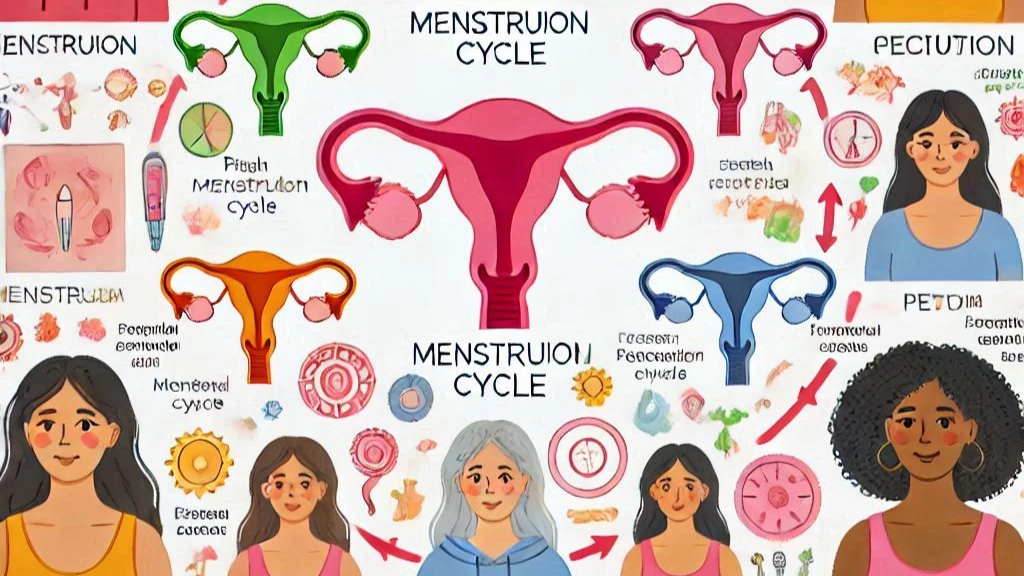Fertility and conception are complex processes that involve the interaction of various factors, including genetics, hormones, and lifestyle choices. Understanding these factors can help couples increase their chances of conceiving and having a healthy pregnancy.
Factors Affecting Fertility
Several factors can affect fertility, including:
- Age: Both male and female fertility decline with age. The quality and quantity of eggs decrease in women, while sperm production and quality decrease in men.
- Lifestyle factors: Smoking, excessive alcohol consumption, and drug use can negatively impact fertility in both men and women. Obesity and poor diet can also affect fertility.
- Medical conditions: Certain medical conditions, such as endometriosis, polycystic ovary syndrome (PCOS), and thyroid disease, can affect fertility.
- Medications: Some medications can interfere with fertility.
Tips for Increasing Fertility
There are several things that couples can do to increase their chances of conceiving, including:
- Maintain a healthy weight: Being overweight or underweight can affect fertility.
- Eat a healthy diet: Eating a balanced diet that includes plenty of fruits, vegetables, and whole grains can improve fertility.
- Quit smoking: Smoking can damage sperm and eggs.
- Limit alcohol consumption: Excessive alcohol consumption can negatively impact fertility.
- Reduce stress: Stress can interfere with ovulation and sperm production.
- Get regular exercise: Regular exercise can help improve fertility.
Conception
Conception occurs when a sperm fertilizes an egg. The fertilized egg, called a zygote, then travels down the fallopian tube and implants in the lining of the uterus.
The most fertile time for a woman to get pregnant is during ovulation, which occurs about 14 days before her next period. During ovulation, an egg is released from the ovary and travels down the fallopian tube. If sperm is present in the fallopian tube at this time, fertilization can occur.
Pregnancy
If fertilization occurs, the zygote will implant in the lining of the uterus and begin to develop. This is called pregnancy.
During pregnancy, the developing baby is protected by the amniotic sac and surrounded by amniotic fluid. The baby receives nutrients and oxygen through the placenta, which is connected to the baby by the umbilical cord.
Challenges to Fertility and Conception
Many couples face challenges when trying to conceive. Some of the most common challenges include:
- Infertility: Infertility is defined as the inability to conceive after one year of unprotected intercourse. There are many different causes of infertility, including problems with ovulation, blocked fallopian tubes, and endometriosis.
- Miscarriage: A miscarriage is the loss of a pregnancy before 20 weeks. Miscarriages are common, but they can be emotionally devastating for couples.
- Ectopic pregnancy: An ectopic pregnancy occurs when the fertilized egg implants outside the uterus, usually in the fallopian tube.
1 Ectopic pregnancies are a medical emergency and can be life-threatening.
Seeking Help
If you are having difficulty conceiving, it is important to seek help from a doctor or fertility specialist. They can help you identify any underlying causes of infertility and recommend treatment options.
Conclusion
Fertility and conception are complex processes that can be affected by a variety of factors. However, there are many things that couples can do to increase their chances of conceiving and having a healthy pregnancy. If you are having difficulty conceiving, it is important to seek help from a doctor or fertility specialist


